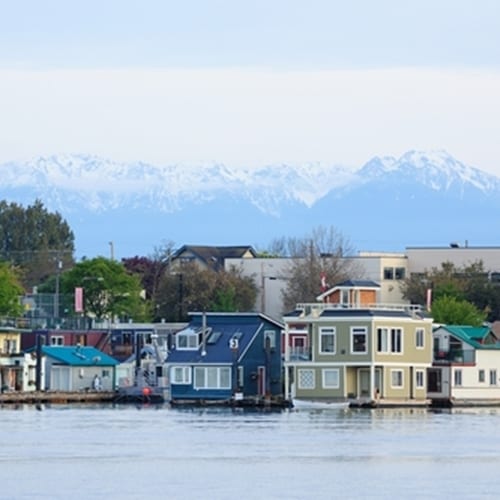There's an intriguing article from the BBC about a means of architecture that some people seem to be putting serious thought into: living on the water, literally, as in floating houses and other structures offshore. Support vessel insurance for the structures that will appear in this kind of scenario will also be an important consideration that planning efforts might take into account.
Multiple firms across the world have been experimenting with this idea, from the Reignwood projects in China to similar activities in Hawaii. A key aspect to the development of a system where people might live in floating domiciles depends on the use of special technology to extract energy from the water to power electricity. Part of the reason could be attributed to rising waters in future years.
Planning for this kind of eventuality is so difficult because of the variety of different approaches that suggest themselves: some of the proposed solutions mentioned in the piece include floating homes based on the work of Buckminster Fuller.
In addition to the greater structural benefits this might pose, there are increasing environmental hazards that could eventually make this water-friendly life a necessity. A Washington Post article also includes an "amphibious house" model that would allow homes to survive higher levels of water.
Both vessels and various structures that experience long period of exposure to water may be able to find protection in the form of some structural policies that might extend beyond the boat dock insurance that seems more common. Buildings meant for continuous habitation on water are different from those that are simply located next to the source.

